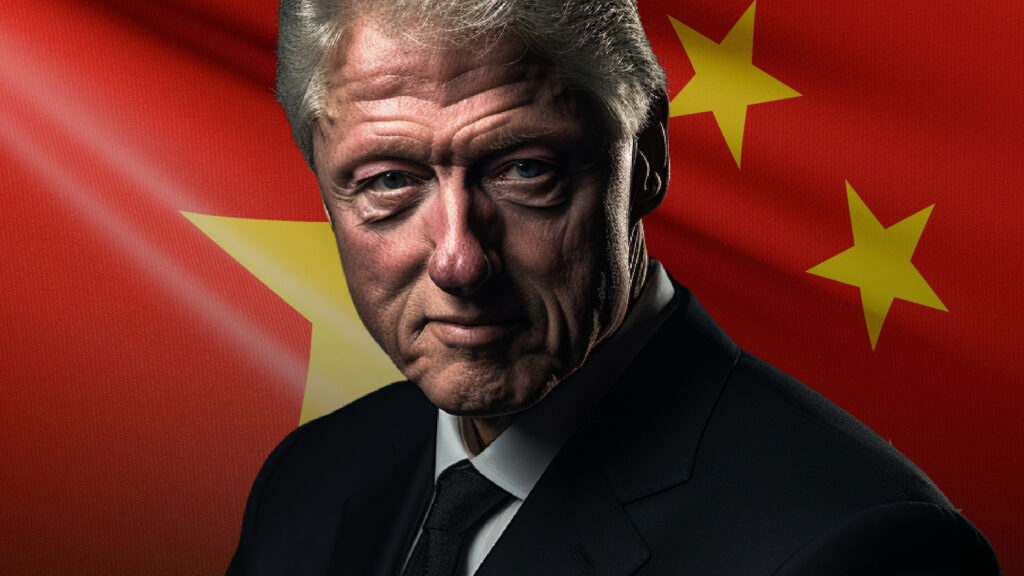by MICHAEL STUMO
It’s been more than 20 years since the United States granted “Most Favored Nation” (MFN) trade status to China. It was a decision that has cost America millions of good-paying manufacturing jobs. Now, Congress is looking to finally change course.
Why did the United States grant MFN to China in the first place? At the time, President Bill Clinton promised that opening up trade with Beijing would advance America’s “economic interests” and “move China in the right direction.”
Clinton assured Congress that China would “open its markets.” American companies could “sell and distribute products in China … without being forced to relocate manufacturing to China.” Best of all, Clinton vowed that the United States would “be able to export products without exporting jobs.”
Two decades later, we know this was wrong. America’s annual trade deficit with China has soared from $83 billion in 2000 to $382 billion in 2022. And the United States has lost 3.4 million manufacturing jobs to China, including 1.2 million highly skilled positions in the computer and electronics industry.
So much for Clinton’s pledge of “lowering the barriers that protect state-owned industries.” Shortly after joining the World Trade Organization (WTO) in 2001, Beijing began to heavily subsidize its state-owned factories in order to put U.S. manufacturers out of business. And global companies happily rushed in to exploit China’s cheap labor and low environmental standards.
Clinton also believed MFN would “strengthen the rule of law” in China. However, Beijing continues to engage in what the U.S. State Department now deems “genocide.” In fact, Beijing regularly persecutes religious and ethnic minorities, including more than one million Uyghurs sent into forced labor since 2017.
What exactly did MFN get wrong? Removing trade barriers and reducing U.S. tariffs allowed China’s state-owned enterprises to flood the U.S. with deliberately underpriced goods. Since then, China has progressively overtaken such key industrial sectors as information technology, robotics, aerospace, electric vehicles, medical devices, and renewable energy.
Clearly, Washington got it wrong. China has not become a democracy — or a capitalist country. And granting most favored nation status hasn’t made Beijing a friend or partner.
If Congress were to revoke MFN, imports from China would once again face higher U.S. tariffs. And that would help domestic American manufacturers better compete with China’s heavily subsidized factories.
There’s already a precedent for such action. In 2022, the U.S. revoked Russia’s MFN status following its Ukraine invasion. Since Beijing is already aligned with Moscow, it makes little sense to keep treating China as a friendly power.
What Congress must do is cancel China’s free meal — and halt the preferential treatment that has given Beijing such easy access to America’s lucrative consumer market.
It’s time to correct the mistakes made two decades ago — and begin the process of decoupling America’s economy from China.













